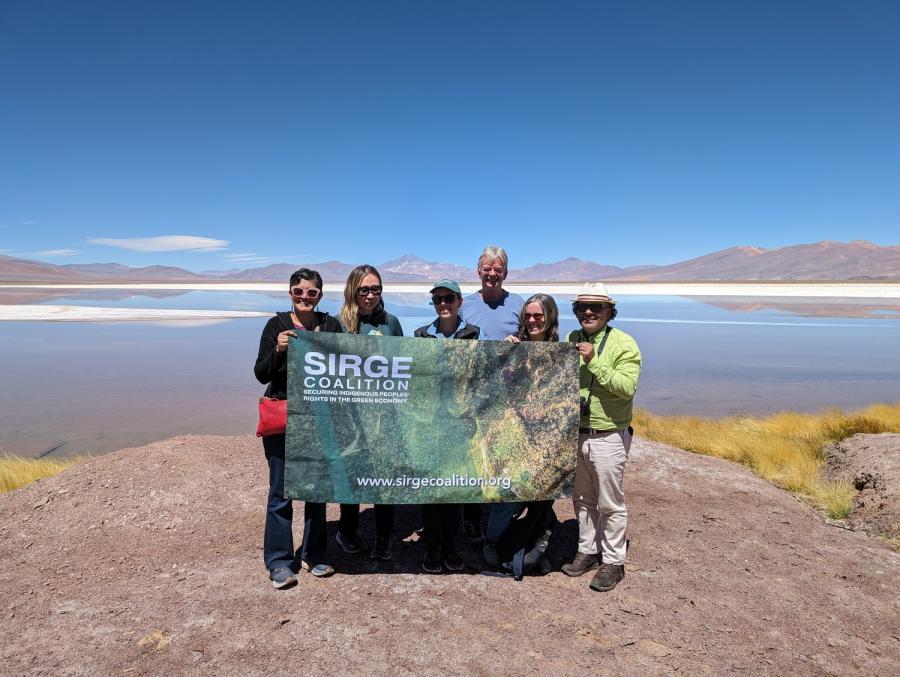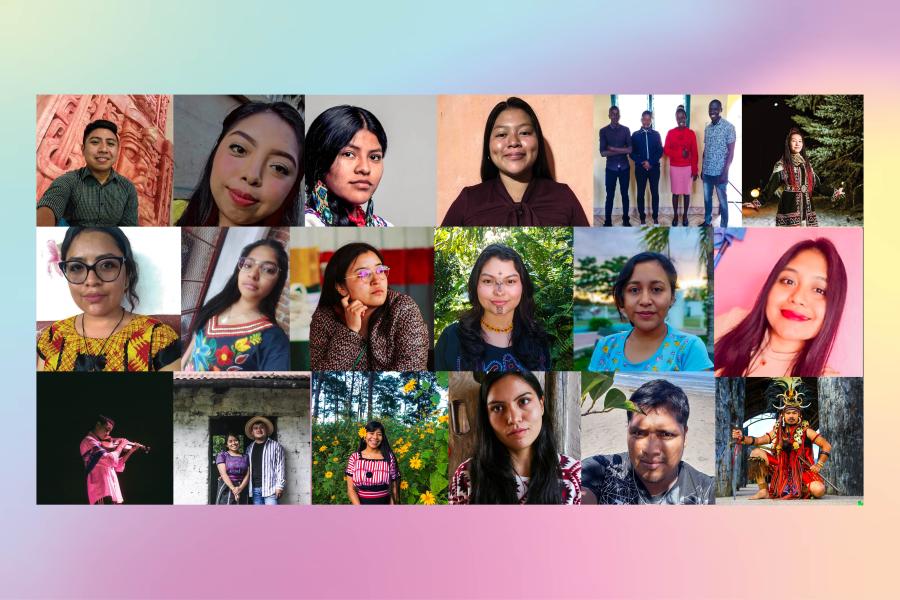By Dean Cycon
Chealsea Green Publishing, 2007
ISBN 1933392703
Reviewed by Cheri Kramer
You might want to put on your seatbelt while reading this exceptional book. Not only because the author’s whirlwind globe trotting could give anyone a kink in the neck, or due to his candid, clipped writing style, but also because of the intensity of the cultural exchanges exposed in his experiences. Dean Cycon sweeps the reader away into a world of fragrantly exquisite cultures, indigenous realities, and unique travels, all tied together by one central theme—the real-life effects of the global coffee economy on coffee producers throughout the world.
As founder and owner of Dean’s Beans Organic Coffee Company, Cycon combines cultural sensitivity with business savvy to establish long-term fair-trade relationships with cooperatives owned and operated by indigenous and local farmers. His coffee journeys have brought him in close contact with groups as diverse as Mamos in Colombia and the Ashaninkas in Peru—interactions Cycon jumps into unhesitatingly. More importantly, he travels to link organic producers with the fair trade market, a critical link that has the potential to boost the income of small producers (and, consequently, their standard of living) by 200 percent.
Trained as a lawyer, Cycon’s approach is both respectful and no-holds-barred: indigenous cultures and traditions are honored and affirmed, while global realities of corruption and injustice (domestic and international) are revealed, often in unexpurgated terms.
Ten countries on three continents are visited in the nine chapters of Javatrekker. The journey begins in Ethiopia, where the first coffee beans were allegedly discovered by a goatherd named Kaldi centuries ago, and wanders across Africa, the Americas, and the islands of Southeast Asia. The book takes readers through the corrupt mazes of bureaucracy in Kenya; the frustrating plight of organic fair-trade producers in Peru; the “Heart of the World” in Colombia; elections in the backwater counties of Guatemala; the Death Train in Mexico and El Salvador; the harsh reality of land mines in Nicaragua; a sustainable organic-fertilizer program dependent on water buffalo in Sumatra, Indonesia; and the chaotic gala of a cultural show in Papua New Guinea. Without missing a beat, Cycon pulls the reader into the heart of the cultural and business exchanges, exposing layers of tradition and injustice that too often go overlooked in the commercial world of international coffee trade.
Javatrekker reorders general misconceptions regarding coffee production, calling attention to the ethnodiversity of coffee producers. As the book highlights, most coffee producers belong to indigenous groups or otherwise-marginalized segments of society and speak a wide array of local languages. Also, their preferred form of dress ranges from the loincloths of the tribal groups in Papua New Guinea and the red tunics of the Ashaninkas in Peru to the Westernized T-shirts of Kenya. Some of these cultures embrace coffee production and consumption as an innate part of their worldview and lifestyle, such as the Oromia in Ethiopia. Others, like the Maya in Guatemala, produce coffee simply because it is the most promising cash crop available to them, although coffee has little to do with their indigenous cultures. Coffee production, it is clear, is not a universal cut-and-dry experience: it is as diverse and varied as the peoples who cultivate the crop.
Cheri Kramer was a Cultural Survival intern in 2007.



